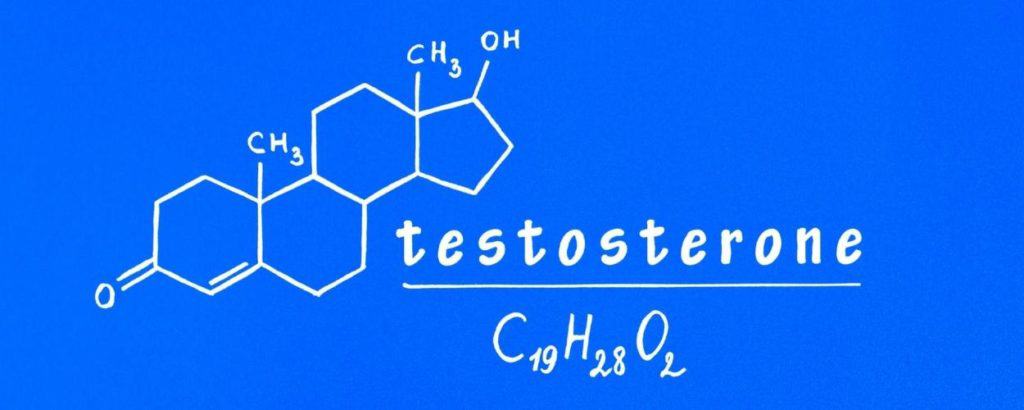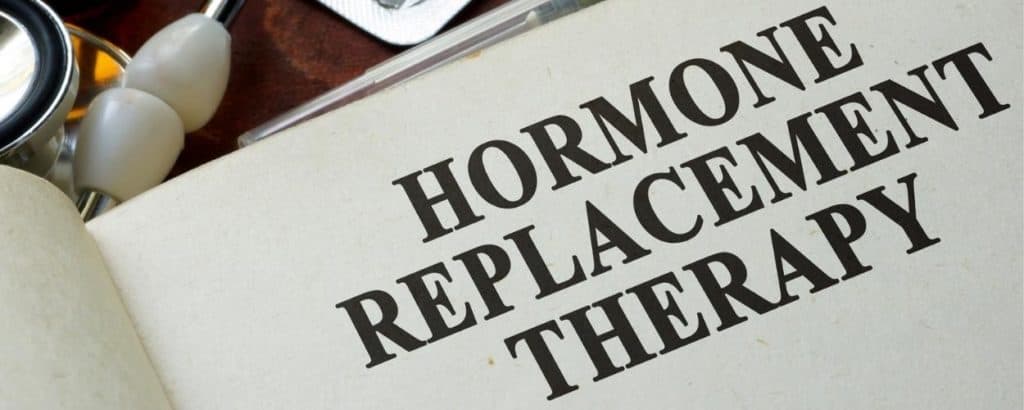Research into the potential long-term effects of testosterone replacement therapy is ongoing, with experts studying the implications of this hormone therapy for extended periods. The effects of this therapy on the body are complex and wide-ranging, and the long-term effects may be both positive and negative. Some studies have suggested that testosterone replacement therapy may benefit bone density, muscle strength, and libido. In contrast, other studies have suggested that it could increase cardiovascular disease and prostate cancer risk. It is important to note that while testosterone replacement therapy has been used for decades, the long-term effects are still not fully understood. Further research is required to understand this therapy's potential risks and benefits so that individuals can make informed decisions about their healthcare.
Ask your provider if there are any side effects from your treatment. What steps will they take to reduce or mitigate them?
A provider should also be familiar with all aspects of hormone therapy and not just Testosterone Replacement Therapy. If a provider isn't well-informed about all forms of hormone therapy and can't explain the differences, they won?t be able assess which treatment is best for you.




